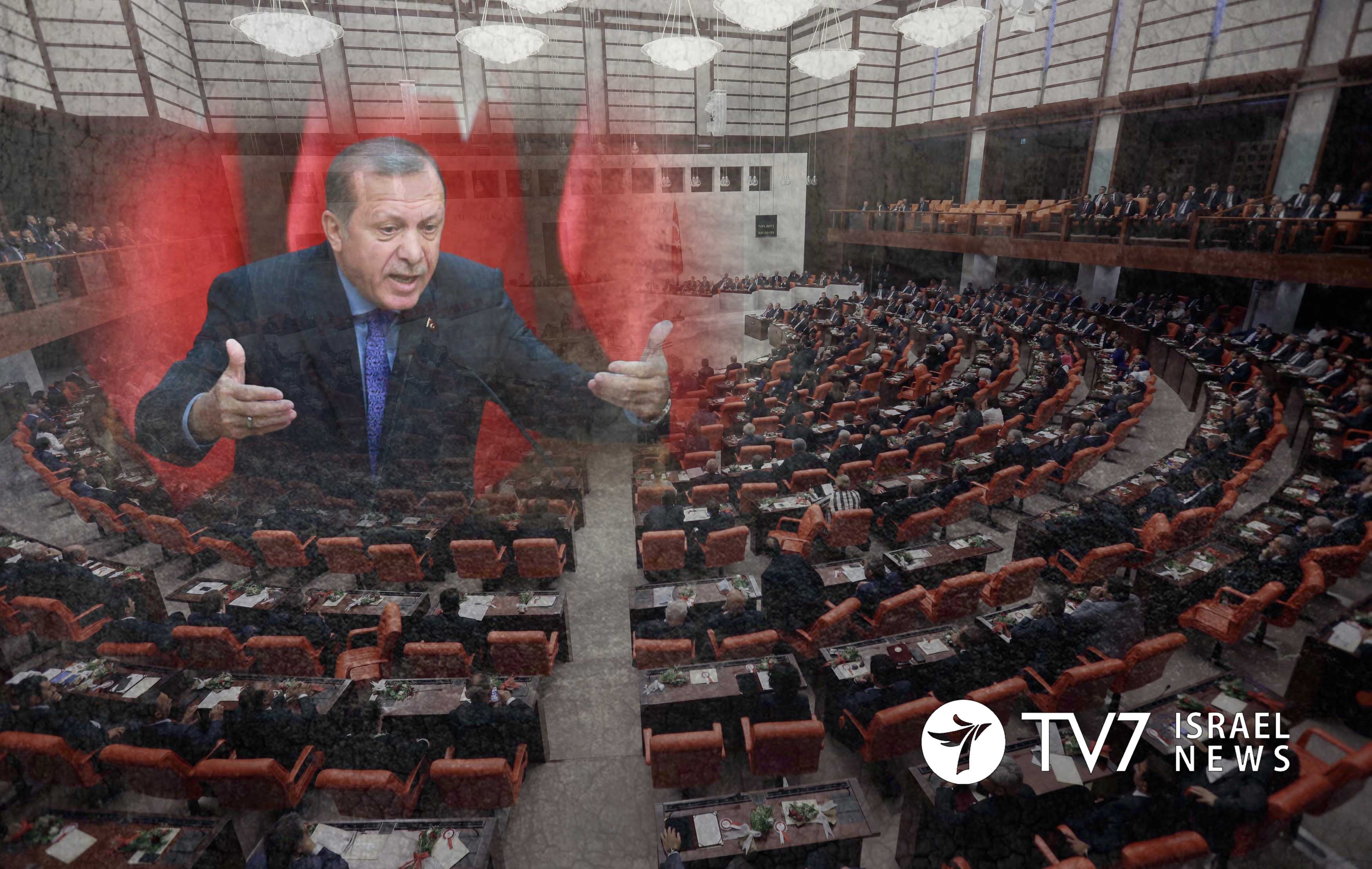Turkey extended its state of emergency by three months, starting from today, in its third such extension, in what authorities said is an ongoing effort to bring those responsible for a failed coup attempt last July to justice.
“The National Security Council recommended to the cabinet to extend the state of emergency under its responsibilities. The National Security Council’s recommendation was discussed in a cabinet meeting. The text to extend the state of emergency by three months on this Wednesday, 19.04.2017 at 01:00am, was written and signed by the cabinet and sent to the Turkish parliament,” Numan Kurtulmus, Turkish deputy Prime Minister.
The decision to further extend Turkey’s state of emergency, which was first imposed in the country after the failed military coup on the 15th of July, enables the government to bypass parliament in enacting new laws and to limit or suspend rights and freedoms when deemed necessary. The extension also comes following the narrow victory of President Tayyip Erdogan in a referendum, to change Turkey’s constitution, granting the long time Turkish leader new sweeping executive powers.
The Turkish referendum continues to trigger protests by opposition groups, whom voice concern about the growing powers of President Erdogan, in a series of protests and rallies in big cities since Sunday. In Istanbul, hundreds of people, mostly women, marched through the streets of the city, voicing an accusation by many of the ‘No Voters’ that the result of the referendum was rigged.
“If an authoritarian rule is introduced instead of a parliamentary system we will end up like Iraq and Syria. How Saddam had been elevated into a dictator and ended the way it did, Tayyip Erdogan will end like that as well. I am not just saying let’s stand up for our republic. I am saying we should stand up against Erdogan as well,” Sevim Celebe, ‘No voter’. “We say no to one-man rule as women, men and children. We will never come to terms with this. If you say this voting and this referendum is just, I leave the rest to God and don’t say anything else,” Ali, ‘No voter’.
The result of the referendum on Sunday laid bare the deep divide between Turkey’s urban middle classes, who see their future as part of a European mainstream, and the ‘pious rural poor’ who favor Erdogan’s strong Islamic hand. The results also concern countries in the Middle East, including Israel, who remain silent to avoid a diplomatic confrontation with Ankara, nevertheless, continue to closely monitor the situation in Turkey and analyze its implications on the chaotic region.
